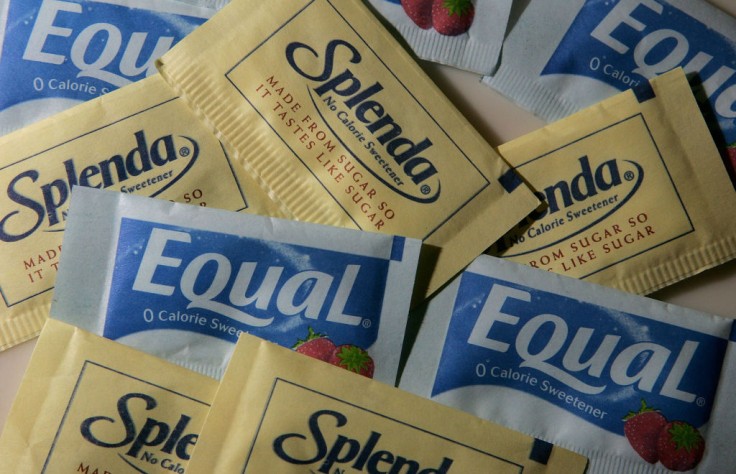
A study published in the BMJ on Wednesday, September 7, involving more than 100,000 adults in France, found a potential link between heart disease and consumption of artificial sweeteners.
The results showed that the study's participants who consumed large amounts of aspartame, which is found in tabletop sweeteners such as NutraSweet and Equal, as well as in diet soda, cereals, yogurt, and candy, had a higher risk of stroke than people who did not consume the artificial sweetener.
The study also found that people who consumed high quantities of sucralose, which is found in Splenda as well as in ice cream, canned fruit, baked goods, syrups, and flavored yogurt; and acesulfame potassium, which is often used in sugar-free soda, had a higher risk of coronary heart disease.
Artificial sweeteners may not be a safe alternative to sugar
Mathilde Touvier, a research director at the French National Institute for Health and Medical Research and the study's author, said that artificial sweeteners might not be a safe alternative to sugar.
A smaller study last month found that consuming non-nutritive sweeteners, sugar substitutes that contain few nutrients or calories, could change a person's gut microbes and potentially elevate the blood sugar levels. High blood sugar is dangerous as it can increase one's risk of diabetes, stroke, or heart disease.
Before that, a lab study back in June found that artificial sweeteners prompted gut bacteria to invade cells in the intestine wall. That could ultimately raise a person's risk of infection or organ failure.
Other research has also linked artificial sweeteners to high blood pressure, increased cancer risk, and diabetes.
Read Also : Georgia Jury Awards Family $77 Million in Wrongful Death Case Against Addiction Treatment Center
People should decrease sugar consumption
Dr. Katie Page, an associate professor of medicine at the University of Southern California, told NBC News that the more data that comes out showing these adverse health effects, the less they will want to encourage people to switch from added sugars to non-nutritive sweeteners.
Page added that the healthiest course of action is not to opt for regular sugar instead. She said they need to encourage people to take sugar in moderation and try to decrease sugar consumption. She noted that the way to do that is not to consume more non-nutritive sweeteners.
Page said that some sweeteners thought of as natural are not preferable either. She said she definitely would not switch to agave. She knows people think it is healthy, but it has a very high fructose content.
Artificial sweeteners were originally billed as a healthier replacement for sugar, which is known to promote diabetes and obesity and can increase a person's risk of heart disease if consumed in excess.
Touvier said that her study is the first to directly assess how overall dietary consumption of artificial sweeteners impacts a person's risk of heart disease.